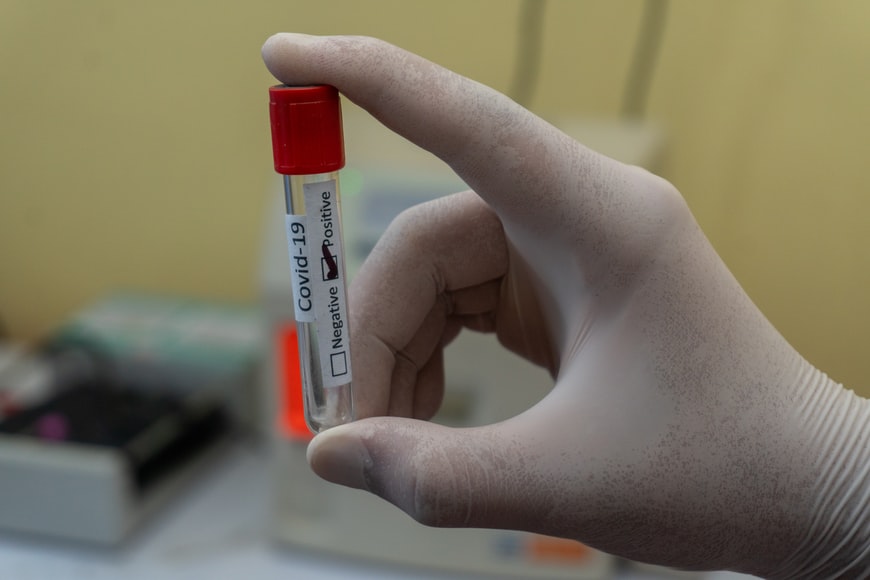Genetic engineering, also known as gene editing, is a rapidly evolving field that involves the manipulation of an organism’s DNA in order to change or improve certain characteristics. While it has the potential to bring about numerous benefits, such as the development of new medicines and the ability to feed a growing population, it also raises ethical concerns related to its potential to enhance human abilities. In this article, we will explore the ethics of genetic engineering and its potential to enhance human abilities.
I. Introduction to Genetic Engineering
Genetic engineering is a form of biotechnology that involves the modification of an organism’s DNA in order to change or improve certain characteristics. It is often used to produce genetically modified organisms (GMOs), which are plants, animals, or microorganisms that have had their DNA altered through genetic engineering. Genetic engineering can be used for a variety of purposes, including the production of new drugs, the development of more nutritious crops, and the creation of new materials.
II. Ethical Concerns of Genetic Engineering
While genetic engineering has the potential to bring about numerous benefits, it also raises a number of ethical concerns. One of the main concerns is the potential for harm to be caused to the organisms being modified, as well as to the environment. There are also concerns about the safety of genetically modified foods and the potential for negative effects on human health.
Another ethical concern is the potential for genetic engineering to be used to enhance human abilities. While the use of genetic engineering to correct genetic defects and treat diseases is widely accepted, the idea of using it to enhance healthy individuals raises ethical concerns about fairness and equality. There is a fear that if certain individuals or groups are able to access genetic enhancements, it could create a divide between those who are enhanced and those who are not, leading to a form of “genetic discrimination.”
III. Potential for Genetic Engineering to Enhance Human Abilities
Despite these ethical concerns, there is a growing interest in the potential for genetic engineering to enhance human abilities. Some scientists believe that genetic engineering could be used to improve physical abilities, such as strength, endurance, and agility, as well as cognitive abilities, such as intelligence and memory.
One potential application of genetic engineering to enhance human abilities is the use of gene therapy. Gene therapy involves the use of gene editing techniques to insert, delete, or modify specific genes in order to treat or prevent diseases. While it is primarily used to treat genetic disorders, there is also research being conducted on the use of gene therapy to enhance healthy individuals.
IV. Ethical Implications of Enhancing Human Abilities
The use of genetic engineering to enhance human abilities raises a number of ethical concerns. One concern is the potential for genetic enhancements to be used to create a “genetically superior” class of individuals. This could lead to a society where individuals with certain genetic enhancements have an unfair advantage over those who do not.
Another ethical concern is the potential for genetic enhancements to be used to control or manipulate individuals. There is a fear that certain individuals or groups could use genetic enhancements as a way to exert power over others.
Genetic engineering has the potential to bring about numerous benefits, but it also raises ethical concerns related to its potential to enhance human abilities. While the use of genetic engineering to treat genetic disorders and diseases is widely accepted, the idea of using it to enhance healthy individuals raises concerns about fairness and equality. It is important for society to carefully consider the ethical implications of using genetic engineering to enhance human abilities and to ensure that it is used in a responsible and ethical manner.
Photo by Photoholgic
To read more, subscribe to Ninitech Global Review





